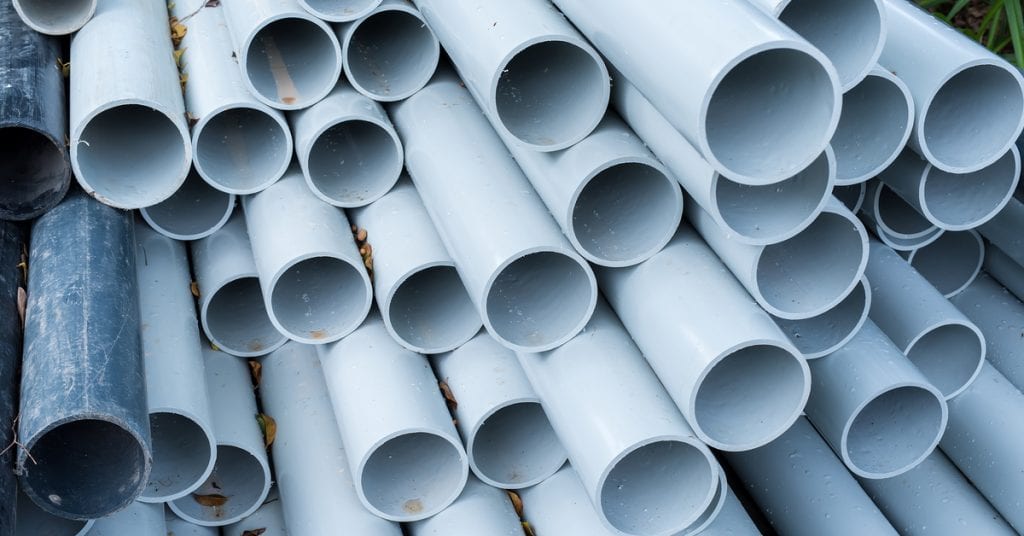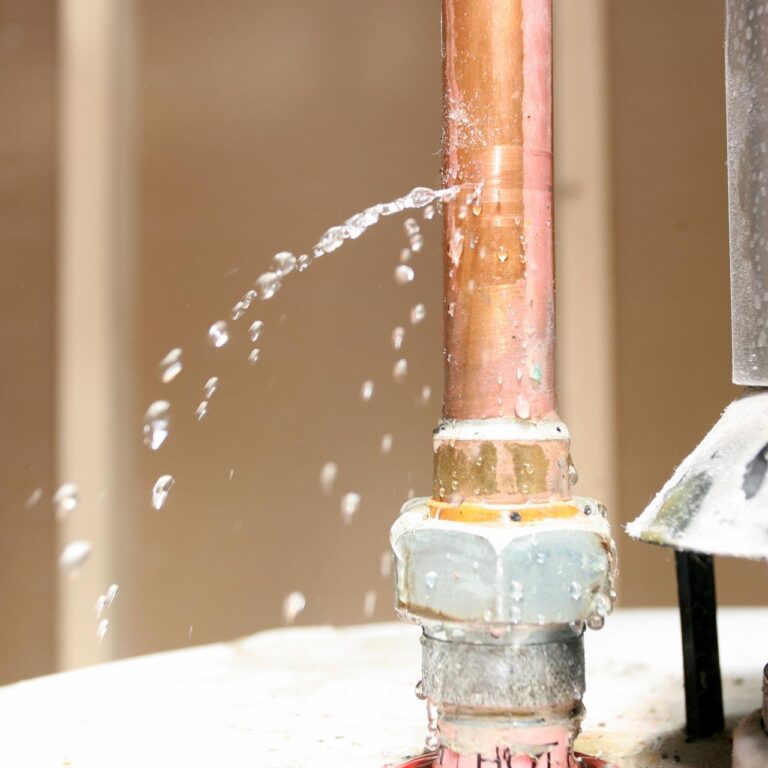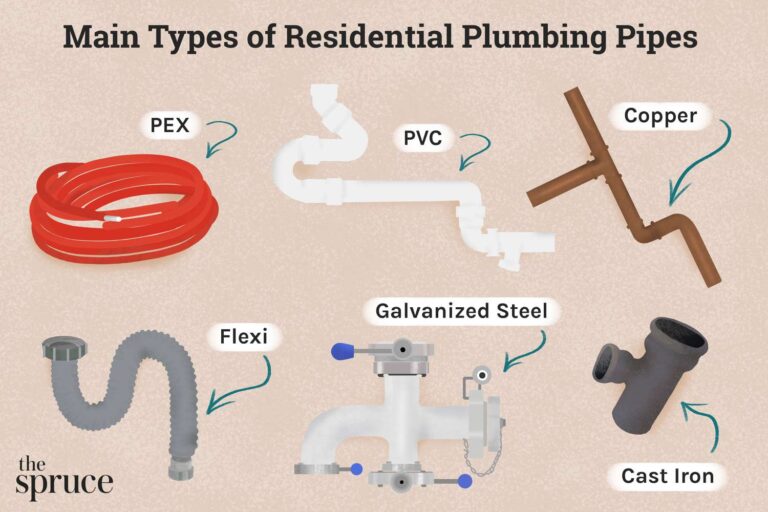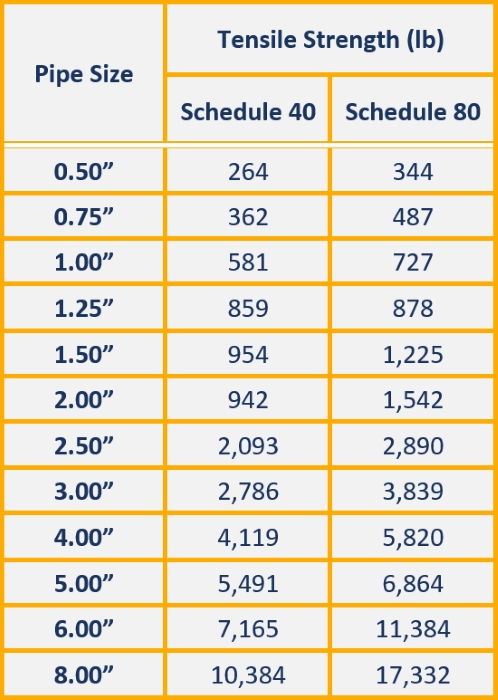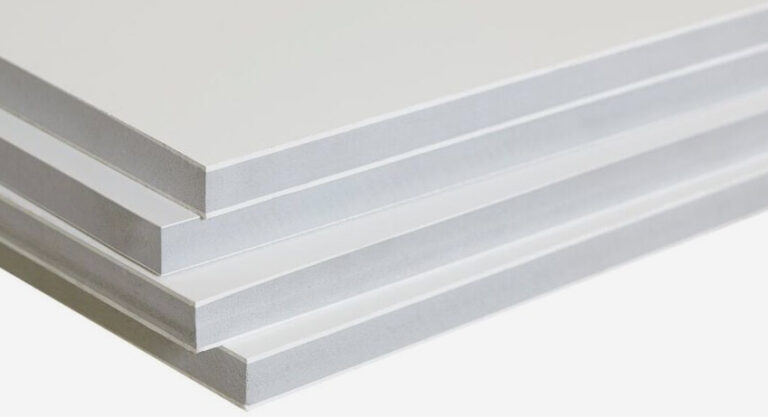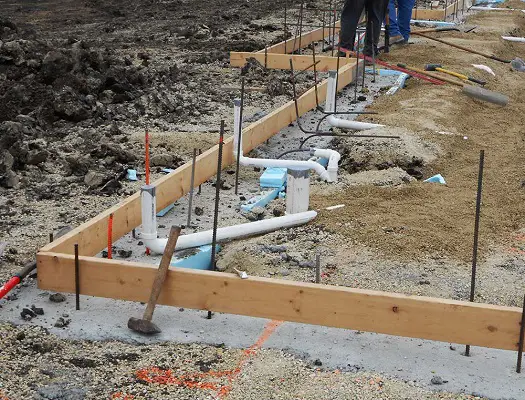What Is PVC Pipe Used For?
PVC (Polyvinyl Chloride) pipe is a type of plastic piping commonly used for plumbing and drainage applications. PVC has many advantages over metal piping systems including being resistant to corrosion, low cost, lightweight, and easy to install. PVC pipe is also resistant to chemicals, making it an ideal choice for carrying liquids in industrial and commercial settings. PVC pipe is used in a variety of applications, including plumbing, irrigation, and drainage systems. Additionally, PVC is often used to create pipe fittings, which can be used to join multiple pipes together or create a seal between pipes and other fittings.
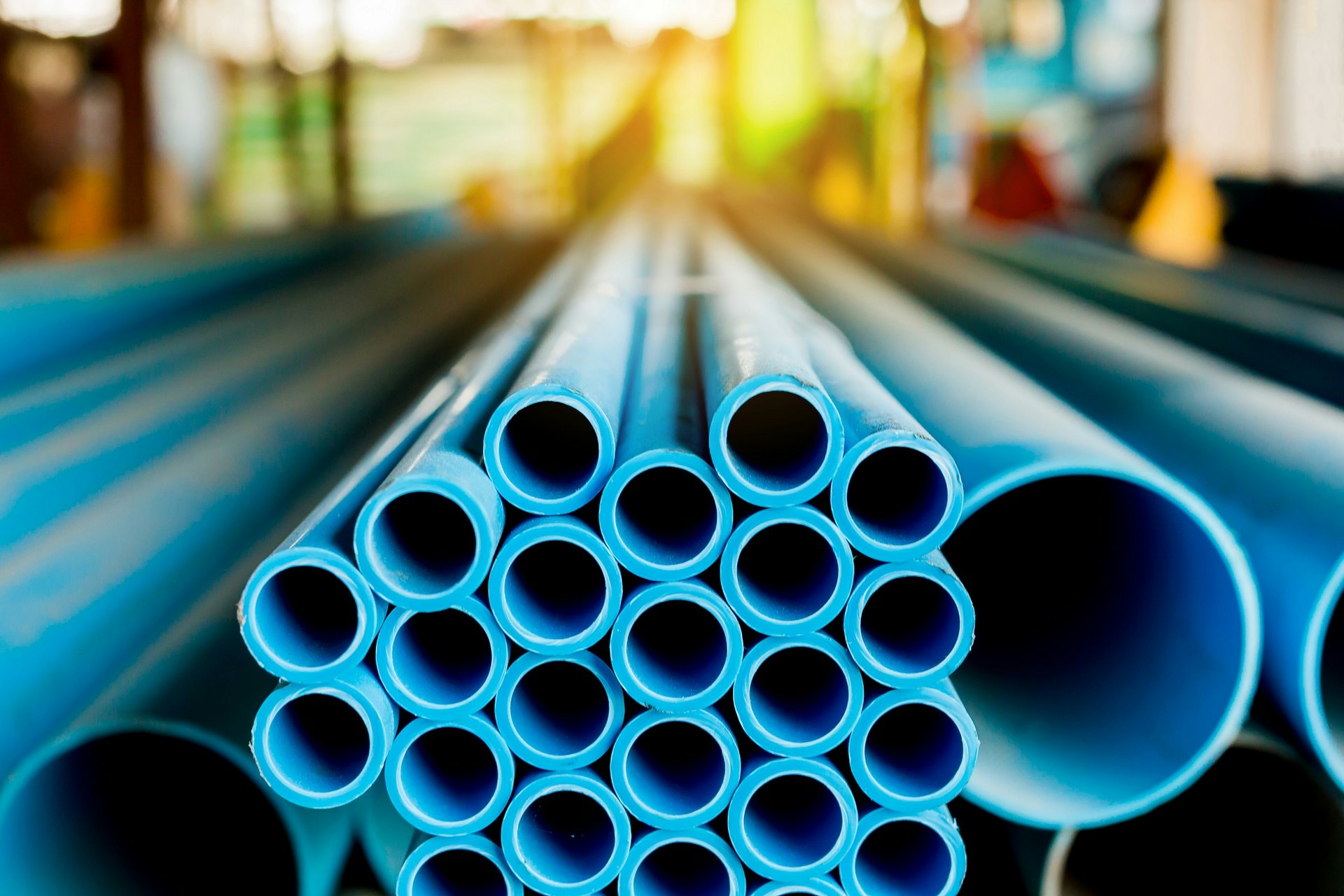
Overview of PVC Pipe
PVC pipe is a versatile and cost-effective plumbing material that can be used for a variety of applications. It is strong, durable, and lightweight, making it an ideal choice for both residential and commercial applications. PVC pipe is easy to install, making it an ideal material for use in plumbing projects. PVC pipe is resistant to corrosion and chemicals, making it ideal for use in areas where it may come into contact with harsh chemicals and corrosive substances. PVC pipe is also non-toxic, making it safe to use in potable water systems and other applications. PVC pipe is available in a variety of sizes, shapes, and colors, making it easy to find the perfect fit for any project. With its versatile applications and low cost, PVC pipe is a great choice for any plumbing project.
Common Uses of PVC Pipe
PVC pipe is a versatile and economical material used for a wide range of applications. From plumbing and irrigation to home decor and DIY projects, PVC pipe is incredibly useful and cost-effective. Some of the most common uses for PVC pipe include water supply lines, cold and hot water lines, drain lines, irrigation systems, pool and spa systems, furniture projects, and more. PVC pipe is available in a variety of sizes, lengths, and thicknesses, making it an ideal choice for a wide range of applications. PVC pipe is also resistant to corrosion and is easy to install. It is an ideal choice for many home and commercial projects, both indoors and outdoors. With its versatility and affordability, PVC pipe is an essential material for any handyman or DIY enthusiast.
Benefits of PVC Pipe
PVC (polyvinyl chloride) pipes are a popular choice for plumbing, drainage, and irrigation systems due to their durability, flexibility, and affordability. PVC pipes come in a variety of sizes, making them ideal for a range of applications. They are resistant to corrosion, so they can be used in outdoor applications without fear of rusting or deterioration. PVC pipes are also lightweight, making them easier to transport and install. Additionally, PVC pipes are easy to work with and can be cut to fit into tight spaces. They are also designed to be leak-free, so they can be used to safely transport liquids under high pressures. PVC pipes are also cost-effective, making them a popular choice for plumbing projects.
Drawbacks of PVC Pipe
PVC pipe may be a cost-effective and durable material, but it has several drawbacks. PVC pipe is rigid, making it difficult to use in tight spaces or around corners. Furthermore, it is a thermoplastic, which means it can soften and deform when exposed to high temperatures. In addition, PVC pipe is not UV-resistant, so it will degrade in direct sunlight. Additionally, PVC pipe can be difficult to connect, as the fittings are often not compatible with other piping materials. Finally, PVC pipe can be more prone to leakage than other materials due to its brittle nature. Overall, while PVC pipe has its uses, it is important to consider its drawbacks before selecting it for a project.
Installation Considerations
When considering installation, there are several important factors to take into account. First and foremost, consider the space you have available and the dimensions of the equipment you are installing. You must also be aware of any local building codes or regulations that may affect installation. Additionally, take into consideration the power requirements of the equipment, as well as the environmental conditions, such as temperature, humidity, and dust, that the equipment will be exposed to. Finally, you should also consider maintenance needs, such as regular cleaning and inspection. Taking these installation considerations into account can help ensure that your equipment is installed correctly and efficiently.
Choosing the Right PVC Pipe for Your Needs
PVC pipes are a versatile and cost-efficient material that can be used for a variety of jobs. When it comes to choosing the right PVC pipe for your needs, there are a few things to consider. Different types of PVC pipe are available with varying wall thicknesses, diameters, and lengths. Knowing the size and strength requirements of your project will help you determine the right type of pipe for the job. Additionally, some types of pipe are rated for specific uses, such as pressure, temperature, and chemical resistance, so be sure to select a pipe with the appropriate rating for your application. Finally, be sure to use the right sealants and adhesives to ensure a watertight, secure connection. With the right selection of PVC pipe, you can complete your project with confidence.
FAQs About the What Is PVC Pipe Used For?
1. What types of applications is PVC pipe used for?
A: PVC pipe is a versatile building material commonly used in plumbing, irrigation, drainage, and other applications. It can be used to construct any type of indoor or outdoor structure, including water distribution systems, irrigation systems, furniture, and even toys.
2. Is PVC pipe safe to use for drinking water?
A: PVC pipe is considered safe for drinking water, as it does not contain any toxic chemicals. However, it is important to check the quality of the pipe to ensure it is safe for drinking.
3. Is PVC pipe durable enough for outdoor use?
A: Yes, PVC pipe is highly durable and resistant to corrosion, making it suitable for outdoor use in most climates. It is also UV-resistant and can withstand extreme temperatures, making it an ideal material for outdoor applications.
Conclusion
PVC pipe is a versatile and economical product that is widely used for a variety of applications. It is commonly used for plumping, irrigation, drainage, and electrical conduit. It is lightweight, durable, and resistant to corrosion and chemicals. PVC pipe is an ideal solution for a variety of plumbing and construction projects, from plumbing repairs to new construction projects.

